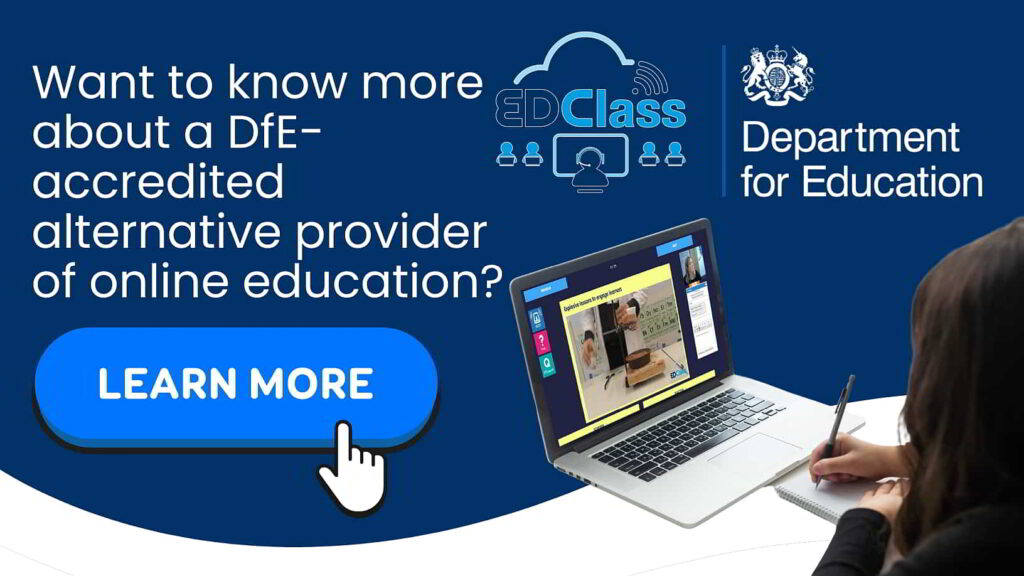Mainstream education is essential for learners, but it can sometimes feel overwhelming, especially for vulnerable learners. With the influence of EdTech and the rise of online learning, learning has now reached endless possibilities.
We need to ensure that when we integrate a suitable provision, effective safeguarding measures are implemented. When structure and a well-thought-out approach are supplied, many learners can thrive.
“We have seen responses that reflect small, flexible provision being able to address individual need in supporting children and young people to engage with education. We have also heard powerful testimony from young adults who feel their life chances were transformed through attending non-school settings.”
So how can we use online learning effectively and support learners so they can fulfil their educational potential? Here’s how:
1. Identify Vulnerable Learners
Many learners have complex learning needs and need effective support. Challenges such as dyslexia, ADHD, autism, emotional-based school avoidance or other needs require support that can encourage students to engage in learning.
By identifying vulnerable learners and addressing their needs early we can suggest effective online learning methods that can accommodate their learning styles.
2. Create a Safe Online Environment
Online learning can be beneficial, but can also be dangerous if appropriate steps aren’t followed. We need to make sure that each learner can be visible when online so their environment can be monitored.
It’s also important to create a learning environment that is inviting for students and a place where they want to access.
3. Provide Individualised Support
Individualised learning pathways can be instrumental for students. Sometimes in mainstream classes, students can left behind their peers because the teaching methods do not correlate with their learning styles.
However, with online learning, individualised learning pathways can allow students to learn at their own pace. This can allow them to reach their potential. It’s about finding what works for learners not trying to force them to be educated.
“Another significant strength of EDClass is the provision of carefully considered individualised schemes of work. Known as ‘learning pathways’, these take account of, and build on, the curriculum each pupil was following in their registered school prior to joining EDClass. This includes any specific exam syllabuses. As a result, when pupils return to mainstream education, they are well prepared to reintegrate into lessons.”
4. Build Trust & Rapport
By building trust and rapport with learners, it can encourage them to engage more with their education. Yes, online learning can be impactful for learners, but they still need to receive high-quality support.
Qualified teaching support is essential no matter where the learner is. If learners are left to their own devices, it could have a negative impact on their overall education. So, build meaningful relationships and ensure learners feel valued and welcomed.
5. Integrate a DfE-accredited provider of online education
DfE-accredited providers of online education, such as EDClass Ltd, can transform the lives of learners struggling with mainstream education. With high-quality support and robust safeguarding measures integrated, DfE-accredited providers can be a lifeline that learners have been crying out for.
If you are interested to learn more about how EDClass’s DfE-accredited provision can:
- Supply bespoke individualised learning pathways for students
- Safeguard vulnerable students online
- Be integrated into an internal alternative provision
- Provide high-quality one-to-one support from UK-qualified teachers
Get in touch with EDClass by calling 01909 568338, emailing mail@edclass.com or enquiring for more information here.
“EDClass operates as an alternative provider to support pupils who have difficulty in attending a physical school. It provides education for children from age 11 to 16 years. While attending EDClass, pupils remain on the register of a physical school. Pupils are either based at their homes or are supported to access the provision from within their registered schools.”










